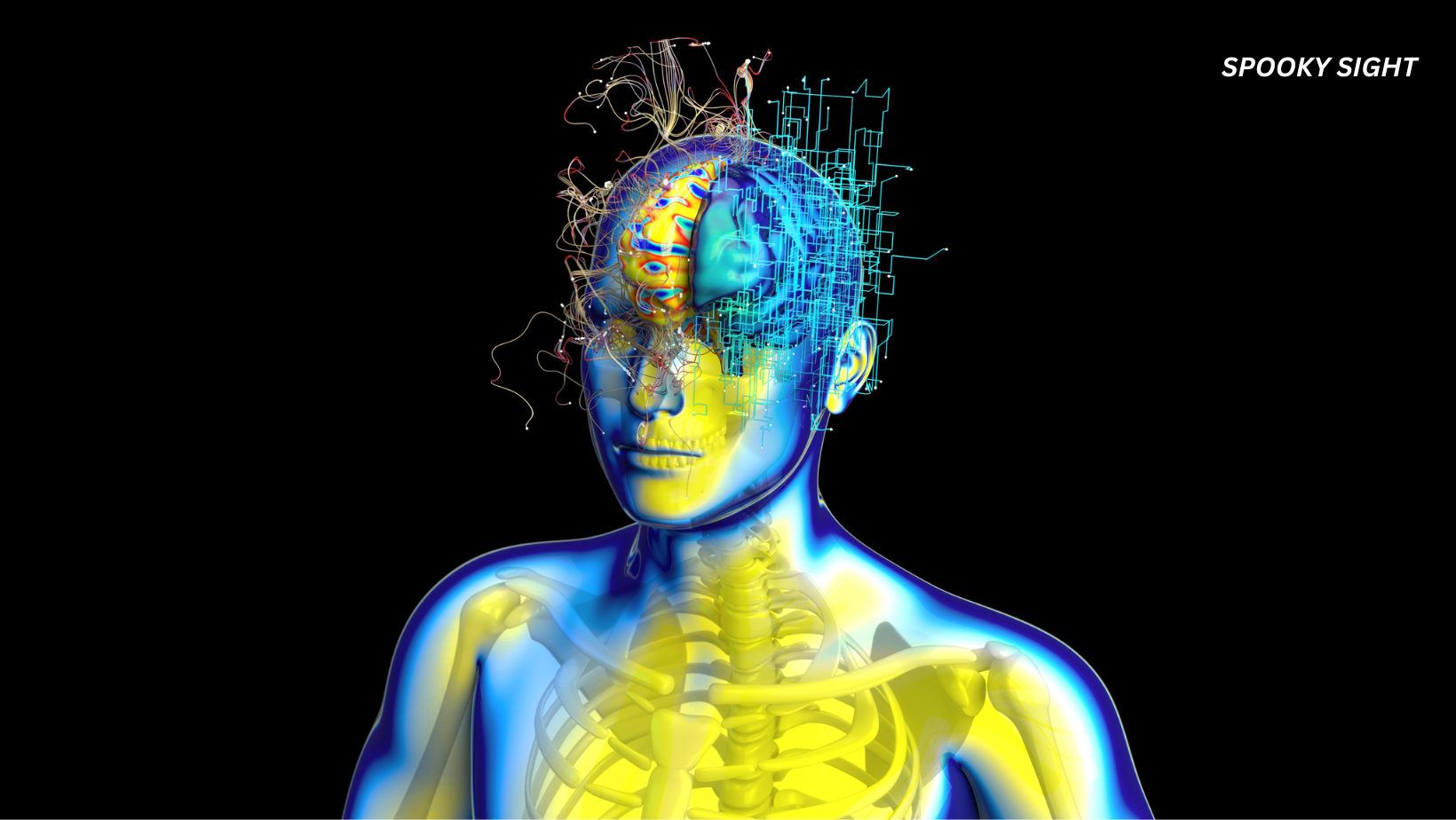Growing up, many of us carry memories of our parents that shape who we become. Yet, sometimes, those memories are tinged with subtle pain-signs of emotional harm that were never fully recognized at the time. Emotional mistreatment by a parent is often hidden beneath layers of everyday interactions, making it difficult to spot, especially when it’s all you ever knew. Reflecting on these experiences in adulthood can reveal patterns that were once invisible, helping us understand the lasting impact on our sense of self and relationships.
Here are fifteen understated indicators that your parent may have been emotionally harmful, even if you never realized it before.
1. Your Inner Dialogue is Unrelentingly Critical
If you find that your own thoughts frequently berate you, highlighting your flaws or mistakes harshly, this may echo the critical voice of a parent who never offered genuine encouragement. Such internal negativity often stems from early emotional environments where approval was scarce and criticism abundant.
2. Living Life on a Delicate Edge
Feeling as though you must tread carefully around others, constantly anticipating disapproval or anger, suggests you grew up in an unpredictable emotional atmosphere. This hypervigilance to avoid conflict or upset reflects the tension of walking on metaphorical eggshells.
Read more: Scientists Identify Another Early Symptom of Dementia, And it’s Shockingly Common
3. A Persistent Sense of Inadequacy
A lingering feeling that you never quite measure up, regardless of your achievements, can be a legacy of parental emotional neglect or harsh judgment. This sensation often undermines confidence and fosters self-doubt.
4. Uncertainty About Personal Boundaries
Not knowing where your limits lie-whether emotional, physical, or psychological-may indicate that boundaries were blurred or ignored in childhood. Without clear guidance, it becomes challenging to assert oneself or recognize when others overstep.
5. Apologizing Excessively for Minor Things
If you habitually say sorry for small or even imagined missteps, it might reflect a learned pattern from a parent who demanded perfection or punished mistakes with withdrawal or anger.
6. Carrying the Weight of Others’ Feelings
Feeling responsible for managing or soothing the emotions of those around you, especially adults, is a sign that you were likely parentified-expected to care for your parent’s emotional needs at the expense of your own.
7. Difficulty Trusting Others
Trust issues often arise when a parent’s behavior was inconsistent, manipulative, or dismissive. Growing up unsure if your feelings or experiences were valid can make it hard to believe in others’ reliability or goodwill.
8. Chronic Doubt About Your Choices
Second-guessing decisions, big or small, may stem from a childhood where your opinions were ignored, belittled, or overridden. This uncertainty can hamper independence and personal growth.
9. Shutting Down When Confronted with Conflict
Avoiding disagreements or emotional confrontations by withdrawing or numbing yourself is a common response to growing up in an environment where conflict was dangerous or punished.
10. Feeling Guilty for Seeking Autonomy
Wanting independence but feeling bad for it suggests that your parent may have used guilt to keep you dependent or control your actions, making self-assertion feel like a betrayal.
11. Needing External Validation to Feel Okay
If you rely heavily on others to reassure you that you are acceptable or worthy, it might be because your parent rarely offered unconditional acceptance or praise.
12. Believing You Are a Burden
Feeling like your presence or needs are an inconvenience often reflects a childhood where your emotions were dismissed or where you were made to feel invisible.
Read more: Love Black Coffee? Science Says You Might Have a Dark Side
13. Suppressing Emotional Expression
Not feeling safe to show sadness, anger, or joy can indicate that your parent punished or ignored emotional openness, teaching you to hide your true feelings.
14. Taking on Responsibilities Alone
Doing everything yourself, without asking for help, may be a survival strategy developed in response to a parent who was unavailable or unreliable.
15. Struggling with Feeling Loved
A deep-seated belief that you are unlovable can result from a lack of warmth, affection, or emotional support during formative years.
Understanding the Subtlety of Emotional Harm
Emotional harm inflicted by a parent often leaves no visible scars, making it one of the most elusive forms of childhood trauma. Unlike physical abuse, which is marked by clear and tangible evidence, emotional mistreatment operates beneath the surface, weaving itself into the fabric of a child’s developing identity and worldview. This subtlety is what makes emotional abuse particularly insidious and difficult to recognize, both during childhood and later in life.
At its core, emotional abuse involves behaviors that damage a child’s self-worth, sense of security, and emotional well-being. These behaviors can include constant criticism, blame, rejection, neglect, manipulation, and control. For example, a parent who persistently belittles a child’s efforts or dismisses their feelings sends a message that the child’s experiences and emotions are invalid or unimportant. Over time, this erodes the child’s confidence and fosters a pervasive sense of inadequacy.
Emotional harm is rarely a one-time event; it usually manifests as a repeated pattern of behavior designed to control or demean the child. This might look like ongoing verbal aggression, such as yelling or name-calling, or more subtle tactics like gaslighting-where the parent denies or distorts reality to confuse the child and undermine their perception of truth. Other common patterns include withholding affection unless the child meets impossible standards, or using guilt and shame as tools to manipulate behavior.
The Long-Term Effects on Mental Health
The subtle wounds of emotional abuse can persist well into adulthood, influencing self-esteem, relationship dynamics, and emotional regulation. Adults who experienced such abuse as children often struggle with chronic self-doubt, anxiety, depression, and difficulty setting boundaries. They may also have trouble trusting others or feel compelled to please people to gain approval, reflecting the patterns ingrained during childhood.
Because emotional abuse lacks physical evidence, it is frequently dismissed or minimized by others, including the victims themselves. Children may internalize the abuse, believing the negative messages are true or that they are to blame for their parent’s behavior. Additionally, emotionally abusive parents often mask their actions with moments of affection or praise, creating confusion and making it harder for the child to identify the abuse.
Breaking the Cycle Through Awareness
Recognizing these subtle signs and patterns is crucial for healing. Awareness allows individuals to separate their self-worth from the damaging narratives imposed by their parents and to seek support. Therapy and counseling can provide a safe space to process these experiences, rebuild self-esteem, and develop healthier emotional habits.
In summary, emotional harm from a parent is a complex, hidden form of abuse characterized by ongoing patterns of control, criticism, neglect, and manipulation. Its subtlety does not diminish its severity; rather, it underscores the importance of understanding and addressing these invisible wounds to foster recovery and emotional well-being.
Read more: 7 Ways To Spot a Master Manipulator Within 5 Minutes, According To Psychology
Moving Forward with Awareness
If you identify with several of these signs, it may be helpful to explore your experiences with a trusted counselor or therapist who can provide support and guidance. Healing from emotional wounds is a journey, often requiring patience and compassion toward oneself.
Remember, emotional abuse is not your fault, and understanding its impact can empower you to break free from its hold. By acknowledging the subtle ways emotional harm can manifest, you reclaim your narrative and open the door to healthier emotional well-being.
This exploration highlights the quiet, often overlooked signals that point to emotional mistreatment by a parent. While the journey to recognition can be challenging, it ultimately fosters growth, resilience, and the possibility of a more nurturing future.
Featured image: Freepik.









